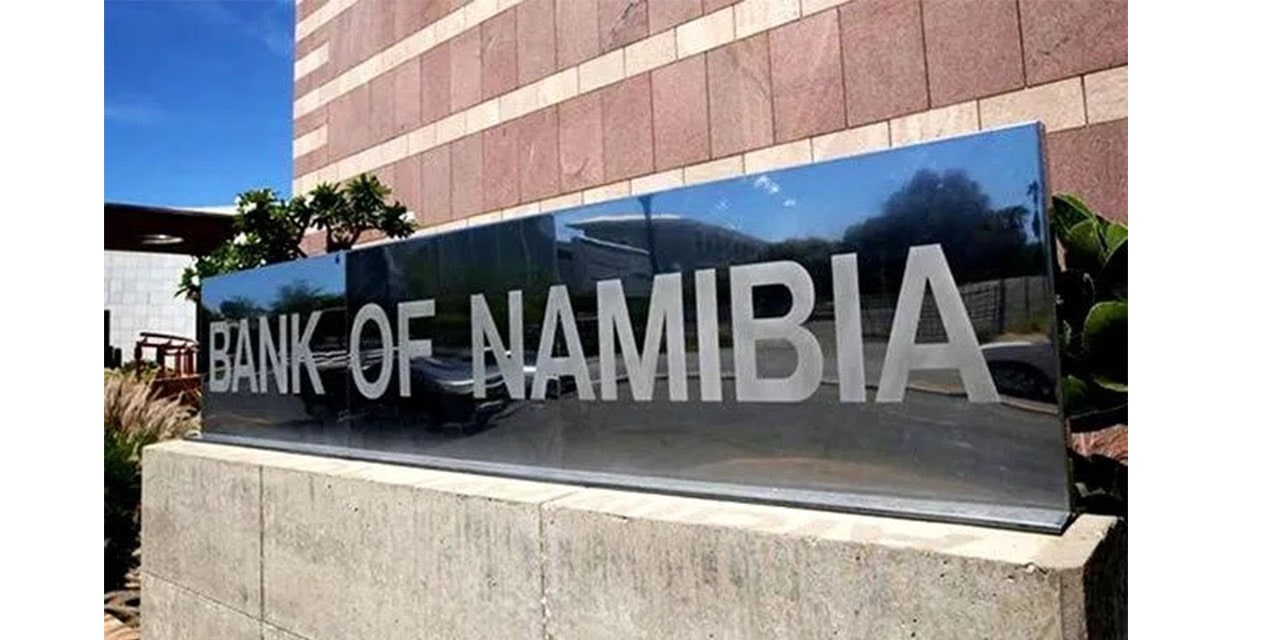Hertta-Maria Amutenja
The country’s rising budget deficit and public debt levels pose long-term threats to economic growth and investor confidence.
According to Simonis Storm economist Almandro Jansen, the country’s growing debt is increasingly limiting the government’s ability to invest in critical sectors such as infrastructure, education, and health.
“The most immediate concern is that public debt is increasingly crowding out development spending, with interest payments now exceeding even capital allocations. This limits the state’s ability to invest in infrastructure, education, and health, all critical enablers of long-term growth,” he said.
Jansen added that the persistent fiscal slippage risks weakening the country’s credibility among investors.
He suggested that instead of across-the-board spending cuts, the government should prioritise reallocating inefficient recurrent expenditure and improving public procurement.
“Phasing out underperforming SOE bailouts, capping non-essential costs, and executing the development budget better can yield growth without needing to spend excessively.”
While the fiscal path remains “fragile but not yet unsustainable”, Jansen warned that local financing pressures and potential revenue underperformance could affect the country’s credit outlook.
“Debt servicing already absorbs around 15 % of revenue. If deficits widen or the fiscal consolidation plan falters, it could prompt negative credit rating outlooks or make external borrowing more expensive,” said Jansen.
According to the Bank of Namibia’s quarterly report, the increase in the deficit is a result of the faster increase in expenditure compared to the rise in revenue.
“Debt servicing already absorbs around 15 % of government revenue,” read the report.
During the fourth quarter of 2024, the economy grew by 3.1%, down from 5.7% in the same period a year earlier.
Growth slowed in the agriculture, fishing, and mining sectors, while consumption-driven sectors such as trade, tourism, and public services sustained momentum.
Inflation dropped to 3.1%, supported by lower fuel and food prices, while the central bank reduced the repo rate to 7.00 %.
The government’s debt stood at N$164 billion, or 65.3% of GDP, at the end of December 2024, up from 63.9% the previous year.
The FY2024/25 budget deficit widened to 3.9 % of GDP, while the current account deficit deteriorated to 21.7 % of quarterly GDP.
During the fourth quarter of 2024, the economy grew by 3.1 %, down from 5.7 % in the same period a year earlier.
Growth slowed in the agriculture, fishing, and mining sectors, while consumption-driven sectors such as trade, tourism, and public services sustained momentum.
The report also confirmed that the budget deficit is projected to increase to 3.9 % of GDP for FY2024/25.
“The increase in the deficit is a result of the faster increase in expenditure compared to the rise in revenue,” read the report.
It further noted that debt servicing already absorbs around 15% of government revenue.
Inflation dropped to 3.1 %, supported by lower fuel and food prices, while the central bank reduced the repo rate to 7%.




